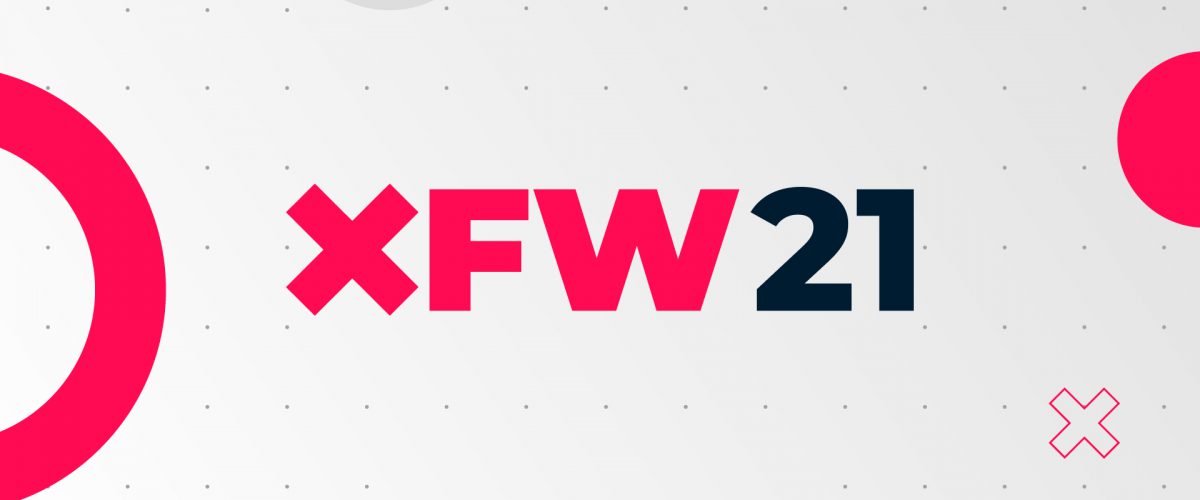In terms of fintech research, the highlighted topics for this week are: real-time payment, open banking, Brexit and the UK’s financial services, mobile finance applications, facial recognition for payments authentication, and insurers’ technology goals. Dive into profound insights and enjoy the selection of materials!
Who stands to gain from real-time payment adoption? (Insider Intelligence)
This research looks at B2B, C2C, and B2C payments to analyze the transaction’s speed. Results show that in 2021, $12.034 trillion in US B2B payments will be made via check or cash, making up about 45% of the market. The US mobile P2P payments market will reach $538.73 billion and the retail sales is predicted to hit $5.630 trillion in 2021. These numbers will have consequences on the adoption of a faster digital payment option. Read more
Banks Fell Short of Meeting Customers’ Expectations in 2021 (Fintech News)
This report discusses the disruption caused by the global pandemic, the growth of neo- and challenger banks, and the need for retail banks to embrace cloud-based BaaS platform models. Results indicate a divide between global retail banks’ priorities and customers’ expectations. The biggest gap is seen on transparency, ethics and social responsibility. Reduced cost/charges of products and services, as well as improved customer support services are other top customer expectations overlooked by retail banks. Read more
Open Banking Rearchitecting the Financial Landscape (FT Partners)
This paper analyzes open banking in the European and US contexts, in order to highlight opportunities and challenges for the industry from real case studies. The findings show that one of the main challenges for open banking is the consumer’s concerns regarding privacy and security. Consumers are generally more open to sharing their data and more receptive to open banking as a whole if they feel as if they are in control of their information. Thus, seeking consent for data-sharing requests is one way to help assuage these concerns. Read more
Report: Brexit & the City: some initial reflections (NewFinancial)
This report summarizes the situation of the UK’s financial industry as a result of Brexit. The UK made a decision to largely exclude its financial industry from the negotiations. The short-term impact is binary and negative for some sectors, but has probably been overstated for the industry as a whole. Post-Brexit, the UK has an opportunity to recalibrate and reinvigorate its own markets and it will have to work hard in the coming years to avoid structural damage to the international position. Read more
Mobile Finance App Report 2021 (Liftoff)
This research highlights that the number of financial app installs has flourished in 2020, increasing by 15% compared to 2019. Users installed 4.6 billion finance apps globally and spent 16.3 billion hours in-app, up 45% from the previous year. Furthermore, fintech apps tend to be better at keeping users engaged, with top fintech app sessions outperforming the best banking apps by a factor of up to 10.8 times. In South Korea, the best Fintech apps average around 225 sessions per month. Read more
Facial recognition for payments authentication to hit 1.4 billion users (PCM)
A study has found that the number of users of software-based facial recognition to secure payments will exceed 1.4 billion globally by 2025, from just 671 million in 2020. This rapid growth of 120% demonstrates how widespread facial recognition has become. Facial recognition vendors are recommended to implement robust and rapidly evolving AI based verification checks to ensure the validity of user identity, or risk losing user trust in the authentication method as spoofing attempts increase. Read more
Property/Casualty Insurers’ Technology Goals for 2021 (Carrier Management)
This paper takes a detailed look at how drivers such as remote work, artificial intelligence and the growth of customization, are influencing technology priorities within the insurance field. Results demonstrate that priority goes to technologies that offer protection from cyber threats, focus on efficiency in software delivery (driving cloud adoption, use of open source software and deployments of agile technologies), and digitize channels (to grow sales, engage customers, advance productivity and deploy data/AI techniques that enhance underwriting). Read more
—
Do you have any news to share: please put feed@https://hollandfintech.com/ on your press list.
Curious to read and find out more from fintech? Then subscribe & read our full newsletters here: https://hollandfintech.com/featured/newsletters/. In order to see our other weekly highlights, check out the following links: analysis & opinion.


